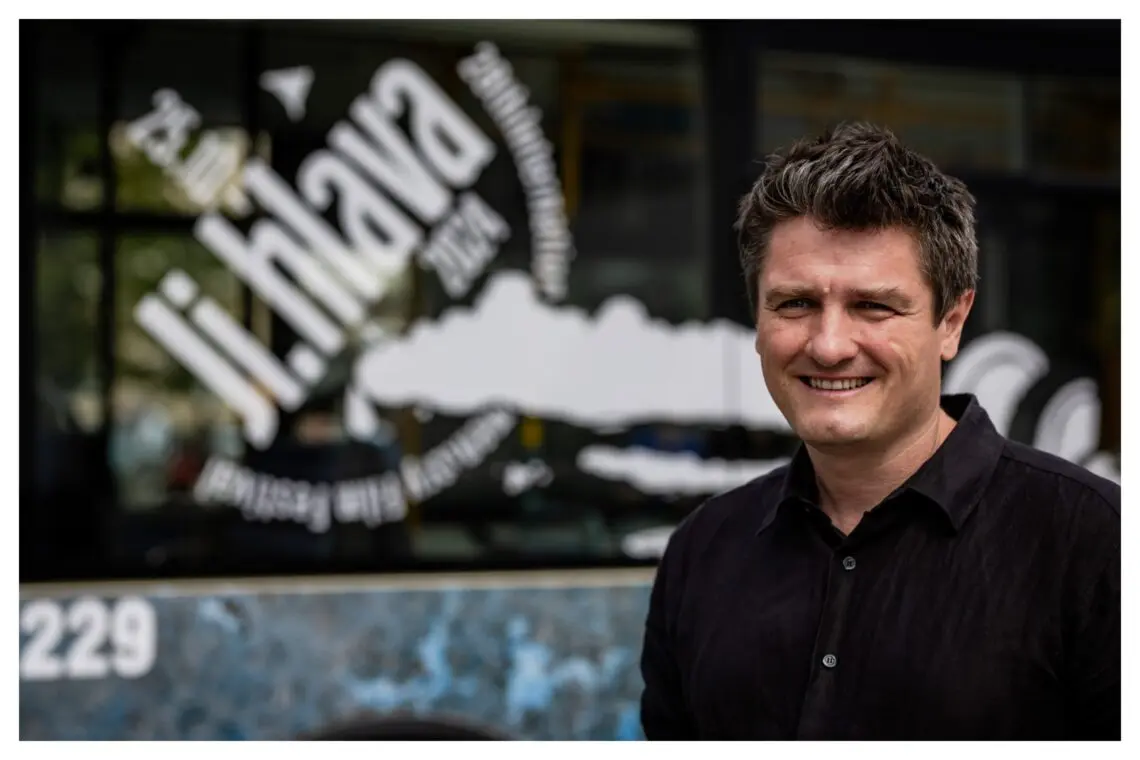Ji.hlava Film Festival unveils diverse documentary truths
The Ji.hlava International Documentary Film Festival is proudly striding into its 28th edition, a 10-day celebration packed with profound Czech and Eastern European nonfiction works. Held in the historic Czech town of Jihlava, this year’s expanded lineup aims to challenge and enlighten, as always emphasized by the festival’s founder and director.
Exploring untold stories
Opening Film: “Ms. President”
The festival kicks off with the riveting documentary “Ms. President,” directed by Marek Sulik. This film dives into the struggles and triumphs of Zuzana Caputova, Slovakia’s first female president. Sulik’s embedded approach offers an intimate portrait of Caputova’s journey, making it a fitting symbol for the festival’s commitment to highlighting significant, often overlooked narratives.
“We always support Czech and Slovak culture and films,” shares the director, highlighting the festival’s role in offering a deep dive into societal workings within these regions.
Capturing regional complexities
The Slovak Shift
A noticeable theme this year is the evolving political and social climate in Slovakia, a nation now vocally supportive of Putin. The festival seeks to spotlight these shifts through its meticulously curated selection of documentaries.
Russia’s shadow over the arts
“Happiness to All”
While the war in Ukraine overshadows much of the regional documentary work, some projects manage to break through the grim headlines. Filip Remunda’s “Happiness to All” stands out, documenting eight years of a Russian bricklayer’s life in Siberia. This portrayal, enriched by Remunda’s longstanding collaboration with Vit Klusak, offers an essential lens on Russian societal beliefs and the enduring support for Putin’s regime.
The duo’s focus has evolved over time, from critiques on consumerism with “Czech Dream” to addressing contemporary issues like COVID-19, always maintaining a distinctive, irreverent style that drew early praise from notable filmmakers.
Ethical storytelling
Navigating Russian Influence
Despite the festival’s stance against showcasing Russian state-funded films, it remains committed to ethical storytelling. “Happiness to All” is one such effort, presenting authentic Russian lives without succumbing to propagandistic biases. “It’s a deeply impressive film that lets us hear a Russian perspective we seldom encounter,” the festival director notes, emphasizing the importance of such narratives.
The festival’s expanding horizons
A Growing Legacy
The growth of the Ji.hlava festival is striking, with over 3,500 film submissions this year and an extended timeline to enhance accessibility and increase screening opportunities. Boasting around 340 films, the competition is fierce, but it reflects the global interest in the documentary form and the festival’s significance.
New Visions Forum
A key part of this growth is the New Visions Forum, a segment dedicated to supporting emerging filmmakers. Running from October 29 to November 1, it features a diverse array of projects in various stages of development. This inclusion of East and Southeast Asian projects signifies a broadened scope, acknowledging shared struggles and triumphs across global documentary makers.
Social Ethical Debates
This year’s highlights also include a thought-provoking conference on the ethics of documentary creation, scheduled for October 30-31. Discussions will tackle pressing issues like social engagement, censorship, and the dynamics between filmmakers and their subjects. “Who are the gatekeepers, and what topics are more challenging to cover?” the festival director ponders, underlining the session’s significance.
Reflecting global concerns
Testimonies Section
The Testimonies section annually focuses on globally relevant issues. This edition delves into the natural world and climate crises, exemplified by “Pistachio Wars,” a New Zealand/U.S. documentary by Yasha Levine and Rowan Wernham. This film examines the lucrative but ecologically taxing pistachio farming in drought-stricken California, offering a unique perspective on environmental challenges.
Showcasing uniqueness
Other key sections include New Visions, dedicated to unveiling fresh filmmakers, Czech Joy, which highlights the best domestic films, and Fascinations, curating bold experimental projects.
Archival Remark
An intriguing addition this year is “We Have Our Film!,” a retrospective of archival documentaries from the founding days of fascist Slovakia under Nazi occupation, curated by Petra Hanakova. Surprisingly, most of these films lack explicit political leanings, providing a raw historical insight.
Honoring visionary creators
spotlight on Tsai Ming-Liang
Renowned for his temporal approaches in Taiwanese cinema, Tsai Ming-Liang’s work is among the festival’s standout inclusions. His films continue to defy conventions, capturing the audience’s imagination.
Celebrating Anne-Marie Mieville
The festival also proudly features Anne-Marie Mieville, whose career, often overshadowed by Jean-Luc Godard, receives much-deserved recognition. “We’re happy that times are changing and there’s now a more equal dialogue between two strong personalities,” notes the festival director.
The Ji.hlava International Documentary Film Festival remains a beacon for documentary filmmakers and enthusiasts alike, fostering a culture of profound storytelling and reflective viewing experiences. Share your thoughts and stay tuned for more updates from this cinematic journey.

 Italian
Italian







